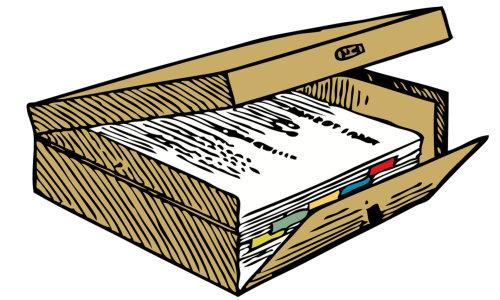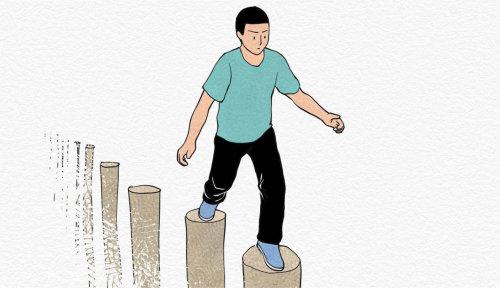Paper. It seems so simple and innocuous, yet it has a unique ability to accumulate and
overwhelm us. From the moment we open our mailbox to the piles on our desks, paper can quickly become a source of stress. Why does this happen and what can we do about it?
The Source of Overwhelm
Paper represents
responsibility. Each piece often signifies something we need to do, remember, or keep track of. Bills, forms, receipts, reminders, invitations—the list goes on. It’s no wonder we can feel buried under the weight of it all. Each sheet is a tiny nagging voice, demanding attention and action.
Moreover, paper clutter is visible. Unlike
digital clutter, which can be hidden away on our devices, physical paper sits out in the open, a constant reminder of tasks left undone. This visibility can create a sense of chaos in our space, making it hard to focus or relax.
Taking a Deep Breath
Before diving into solutions, it’s important to acknowledge the feeling of being overwhelmed. Take a deep breath. It’s okay to feel this way. Recognize that dealing with paper doesn’t have to be a monumental task. You don’t have to tackle it all at once. The key is to start small and be consistent.
Tackle It a Little Bit at a Time
Start with just five minutes a day. Set a timer and go through as much paper as you can within that time frame. This small, manageable chunk of time can make a big difference without feeling overwhelming. You’ll find that these short sessions add up, and soon you’ll see noticeable progress.
A Few Tips to Keep the Paper Monster at Bay
Sort Immediately
As soon as you bring in the
mail or find paper clutter, sort it. Create three piles: trash, action, and file. Junk mail and old papers you no longer need should go straight into the trash or recycling. Action items, like bills or forms, should be handled as soon as possible. Important documents should be filed away.
Go Digital
Whenever possible, switch to digital documents. Many companies
offer paperless billing, and there are apps available for scanning and storing important papers. Just be sure to organize your digital files as meticulously as your physical ones.
Establish a Mail Station
Designate a spot in your home for
incoming mail. Include slots or trays for sorting and keep a shredder and recycling bin nearby for easy disposal.
Regularly Review and PurgeSet aside time each week or month to go through your papers. Get rid of anything you no longer
need. Shred sensitive documents and recycle the rest. Involve the Whole Family
If you live with others, make sure everyone knows the system. Teach kids to manage their school papers, and ensure your partner knows where to file important documents. A collaborative effort will make it easier to stay on top of things.
By taking these steps, you can prevent paper from taking over your life. Remember, it’s all about small, consistent actions. You don’t have to do it all at once. Start with a deep breath, commit to a few minutes a day, and you’ll soon find that the paper monster isn’t so scary after all.
In the end, managing paper is about creating a sense of control and peace in your environment. It’s about reclaiming your space and your time, so you can focus on the things that truly matter. So, take that deep breath, and start small. You’ve got this.












